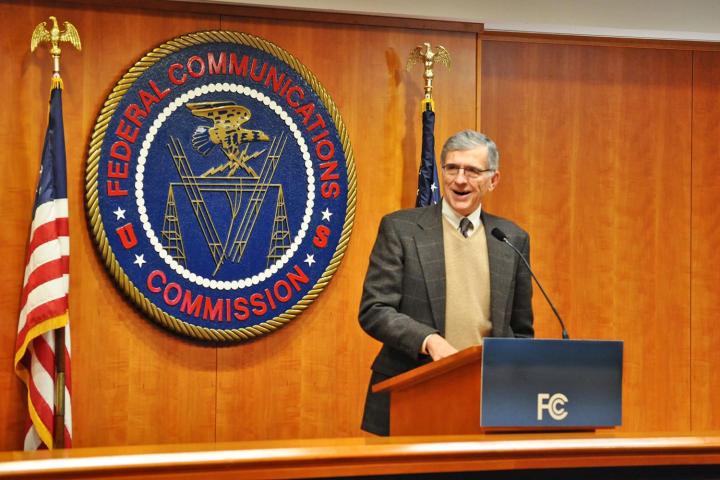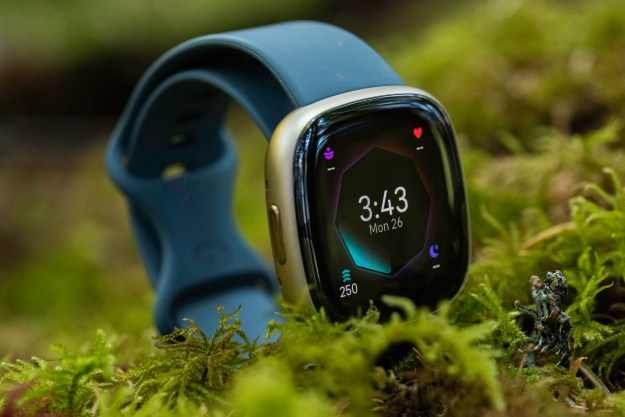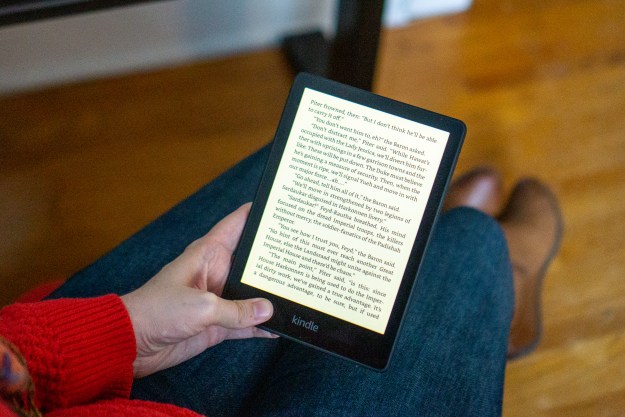
Today’s FCC vote pushed forward a proposal that could effectively reshape the Internet. The plan, which was approved along party lines (Democrats- 3, Republicans-2), may allow ISPs to charge higher fees to websites for faster delivery of their content.
The vote was a testament to the influence of FCC Chairman Tom Wheeler. Two of the five commissioners (Democrat Jessica Rosenworcel and Republican Ajit Pai) involved in the vote had earlier stated that they wanted a delay in the proceedings. This indicated that Wheeler faced a revolt in his agency. In spite of widespread condemnation of the plan, however, he was able to convince the two other Democrats in the commission, Rosenworcel and Mignon Clyburn, to vote his way.
Rosenworcel, for her part, made it clear that she cast her vote half-heartedly. “I would have done this differently. I would have taken the time to consider the future,” she said. “I believe the process that got us to rulemaking today was flawed. I would have preferred a delay.”
Clyburn, on the other hand, said that the result of the vote will allow people to contribute their insights into the plan. “The real call to action begins after the vote today … This is your opportunity to formally make your points on the record. You have the ear of the entire FCC. The eyes of the world are on all of us,” she said.
As it is right now, the FCC’s proposals may allow ISPs to make deals with content companies to provide Internet “fast lanes” for delivery of content. However, the agency’s proposal is seeking feedback on whether to ban what it calls “paid prioritization.”
“NPRM (Notice of Proposed Rulemaking) adopted doesn’t authorize, it asks whether paid prioritization should be banned,” the agency said in a tweet.
“Today’s vote could spell the beginning of the end of the Internet as we know it, plain and simple,” Sen. Al Franken told Digital Trends. “Because of net neutrality, the Internet has been a tremendous platform for innovation and connectivity. But the FCC has taken a woefully misguided step toward handing the Internet over to big corporations who can pay boatloads of money for preferential treatment. Anyone who values a free and open Internet should be deeply troubled by the FCC’s vote, and I plan to do everything I can to convince them that they need to change course.”
If you want to read the proposal in more detail, the FCC has released a fact sheet, which you can find here. You can also contribute comments at www.fcc.gov/comments.


